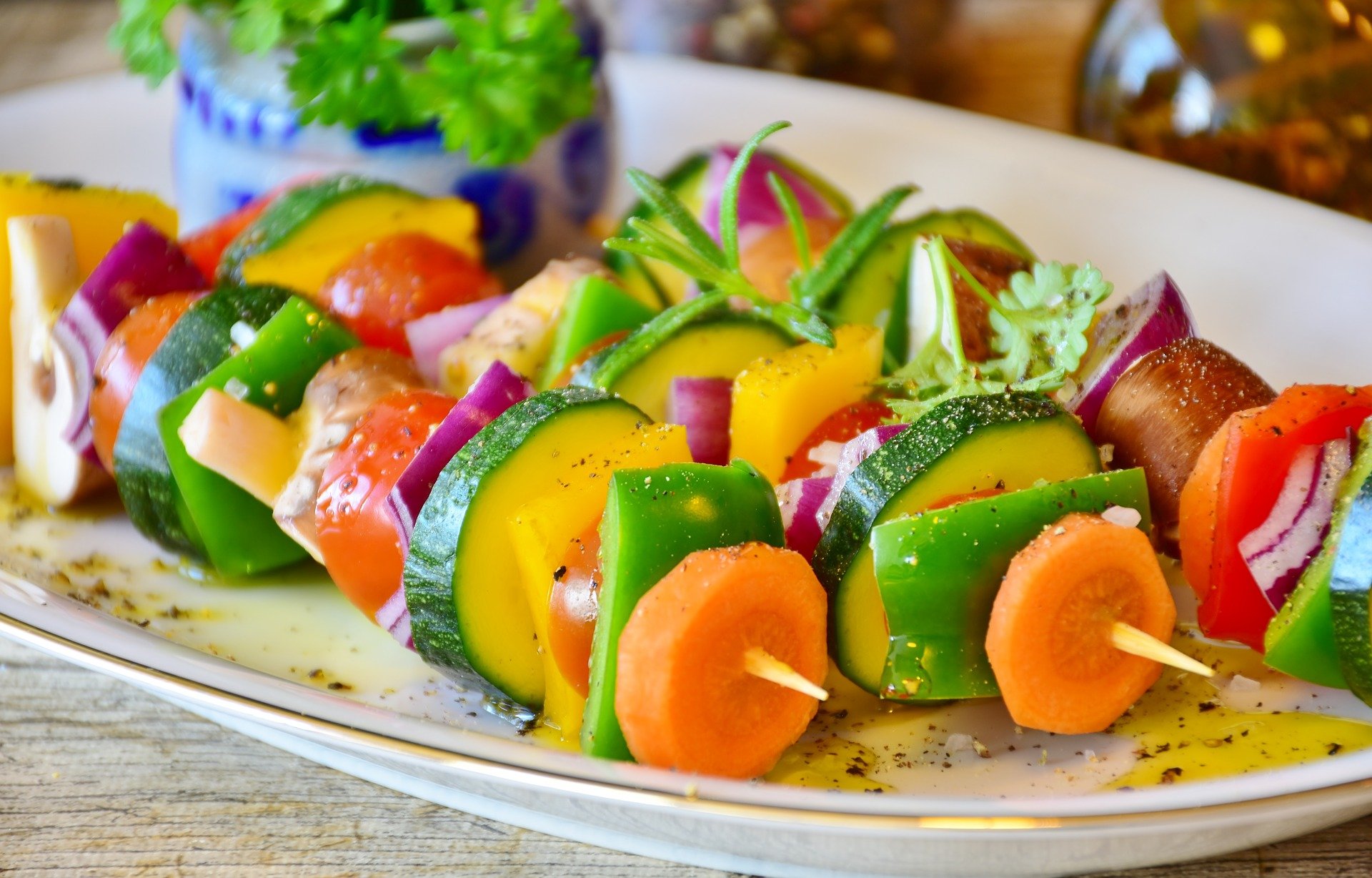Many people view veganism with some suspicion and doubts as if it is impossible to avoid eating meat, fish, dairy products or eggs but after a while, it becomes second nature. Providing methodical steps are taken, it is possible to live a healthy, natural life as a vegan.
There are various vegan diets including:
Whole-food vegan diet: Based on vegetables, fruits, legumes, nuts and seeds
Raw food vegan diet: Based on mainly raw fruit, vegetables, nuts and seeds although plant foods can be cooked if below 48 degrees.
80/10/10: This is a raw food vegan diet limiting proteins and fats. The diet consists mainly carbohydrates from greens, or raw fruits and can also be called the fruitarian diet.
Raw till 4: This is essentially a low-fat diet where raw foods are eaten up until 4pm and thereafter, cooked plant-based meals can be consumed.
Junk food vegan diet: This diet relies heavily on mock meats and cheese, or heavily processed vegan food.
The thrive vegan diet: This is mainly a raw food diet but there is the potential to eat whole foods which are either raw or which have been minimally cooked at a low temperature.
The starch solution: This is a low-fat, high carbohydrates vegan diet but instead of eating more fruit, it also includes cooked starches including potatoes.
If eating the right level of nutrients, then, a vegan diet must be considered very healthy. In fact, it has been proven to help keep blood sugar levels balanced and even, offset type 2 diabetes. Vegans generally have lower blood sugar levels and a greater sensitivity to insulin. As there is greater fiber too, this can also help blood sugar levels.
Research into veganism and heart health has been positive. It is reported that vegans have a substantially lower risk of heart disease than meat eaters. Studies into vegan diets, show that it also reduces LDL cholesterol than would those on a meat diet. This may reduce heart disease significantly.
Vegan diets can reduce cancer risks and can help alleviate arthritic joint pain and swelling. It can reduce poor kidney function and could even help reduce the risk of Alzheimer’s disease and much more.
A plant-based diet can be extremely healthy containing all the protein, calcium, fiber, vitamins and iron etc. There are of course, nutrients that must be considered fully, but it is simple enough to get these nutrients if there is enough variety in the diet. Just include:
- Whole grains
- Beans
- Seeds
- Fruit
- Nuts
- Vegetables
It is still likely that as a vegan you will also need to add supplements to your daily intake of some vitamins and minerals but it’s important when planning meals to consider the nutrients within them: e.g.
– Coconut curry with rice and vegetables
Vitamin C, calcium, fiber, complex carbohydrates and healthy fats.
– Three bean salad
Complex carbohydrates, fiber and proteins.
– Lentil soup and wholegrain bread
Complex carbohydrates, fiber, iron and protein
When you consider your meals, it is vital to give thought to the nutritional value. By doing so, it is easier to see when the diet is lacking and to take necessary steps to change it. This process becomes a natural part of your vegan way of life quite quickly.




